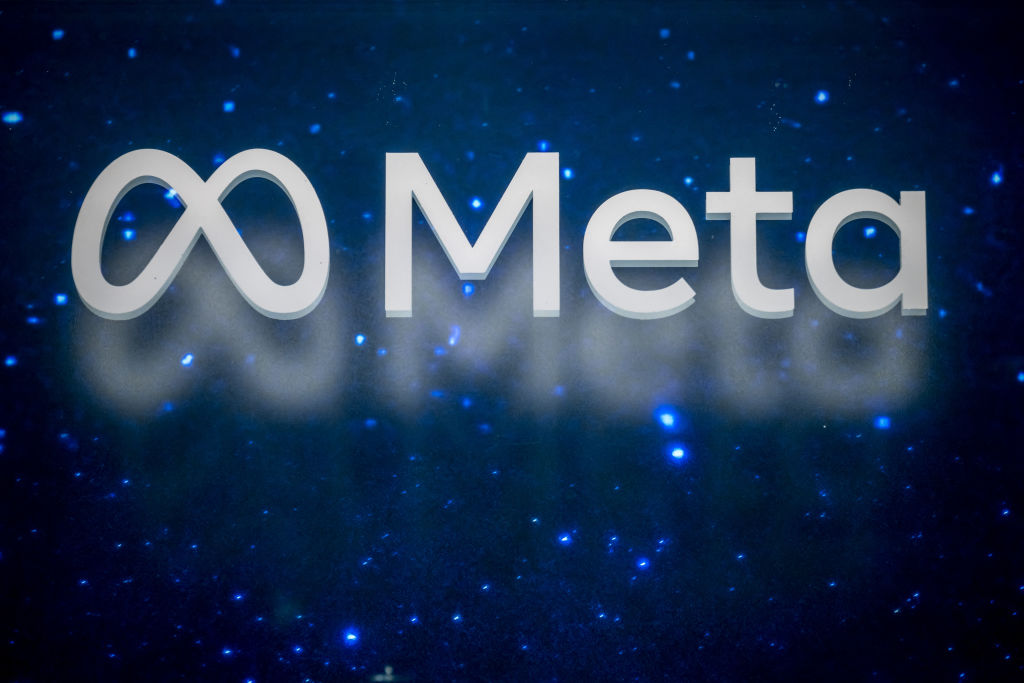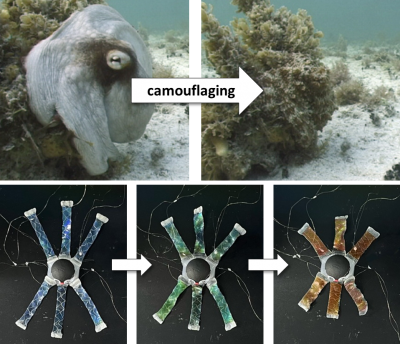Meta Platforms halted an internal study after preliminary findings indicated that Facebook could adversely affect users’ mental health. This information emerged from recently unsealed court documents associated with a lawsuit initiated by several school districts in the United States. The documents claim that Meta terminated the research project, known as Project Mercury, upon discovering evidence suggesting that individuals who deactivated their Facebook accounts reported reduced levels of anxiety and depression.
The research began in 2020 and involved collaboration with Nielsen to investigate the changes in users’ mental health after a one-week deactivation of Facebook. According to the court filings, survey participants indicated “lower feelings of depression, anxiety, loneliness, and social comparison” during this period. Despite these findings, the documents allege that Meta opted not to publish the results and closed down the project, later dismissing the data as influenced by an existing media narrative.
Internal communications revealed a contrasting sentiment among some Meta employees. One unnamed researcher noted, “The Nielsen study does show causal impact on social comparison,” which was punctuated with an unhappy face emoji. Another employee drew a parallel between Meta’s actions and the tobacco industry, suggesting that Meta was aware of harmful implications yet chose to conceal the information.
The lawsuit asserts that despite having this critical information, Meta later informed Congress it had no means to measure whether its platforms harmed teenage girls. Attorneys representing the school districts argue this behavior demonstrates that Meta concealed known risks from parents, educators, and young users.
In response to these allegations, Meta spokesman Andy Stone stated that the study was discontinued due to flawed methodology. He emphasized that the company has made substantial changes over the past decade to enhance safety for teenagers and has been attentive to parental feedback. Stone further criticized the lawsuit, claiming it relies on “cherry-picked quotes and misinformed opinions.”
The legal action is part of a broader case filed by the law firm Motley Rice, which is suing Meta along with Google, TikTok, and Snapchat on behalf of various school districts. The companies are accused of neglecting the dangers their platforms pose to children, including promoting underage use, failing to prevent harmful content, and attempting to influence child advocacy groups to publicly support their platforms.
Meta has requested that the court disregard the newly unsealed documents. A hearing regarding this matter is scheduled for January 26, 2024, in federal court located in Northern California. TikTok, Google, and Snapchat have not yet commented on the ongoing legal proceedings.
As the case unfolds, it raises significant questions about the responsibilities of social media companies in safeguarding the mental health of their users, particularly minors. The findings from Project Mercury, if validated, could have profound implications for how social media platforms are scrutinized in the future.







